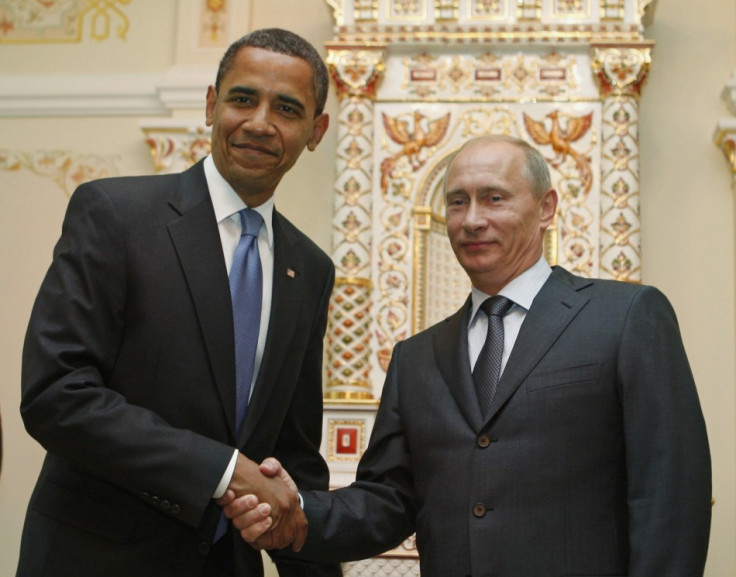Doomsday Approaching: UN Warned of Climate Change, Nuclear Weapons and Killer Robots
Leading scientists say United Nations must act now to reset Doomsday Clock

Leading scientists have warned United Nations leaders that the planet is fast approaching Doomsday and have demanded urgent action on climate change and nuclear weapons.
The Science and Security Board of the Bulletin of Atomic Scientists said that Russia and the US had to restart negotiations to reduce their number of nuclear weapons, to lower the alert level threshold and to end missile defence programmes.
They also said that immediate action should be taken to address climate change – and warned that the so-called Doomsday Clock stood at five minutes to midnight, unchanged for two years.
In a letter to the UN, board members wrote: "As always, new technologies hold the promise of doing great good, supplying new sources of clean energy, curing disease, and otherwise enhancing our lives. From experience, however, we also know that new technologies can be used to diminish humanity and destroy societies. We can manage our technology, or become victims of it. The choice is ours, and the Clock is ticking."
Their Doomsday Clock has been at five to midnight since January 2012. The board said it had not changed because world leaders have not taken action to reduce the risk of catastrophe from nuclear weapons and climate change.
It said that since NSA intelligence leak Edward Snowdon was granted amnesty in Russia, little headway had been made between Barak Obama and Vladimir Putin in terms of nuclear agreements.

It also noted that new threats were emerging.
"Beyond the nuclear and climate threats lies a spectrum of emerging dangers – from cyber weapons to killer robots – that are further challenging humanity's ability to manage its most advanced technologies," it continued.
"A careful review of these threats leads us to conclude that the risk of civilization-threatening technological catastrophe remains high."
In terms of climate change, the board wrote: "Despite the progress in low-carbon technologies, however, the world has failed to effectively curb emissions and adapt to a changing climate.
"Domestic politics have stalled efforts to cut emissions in several industrialised countries. This trend includes serious threats to renewable-energy support in the United States, the European Union, and Australia. It is clearly epitomized by Japan, which first withdrew from the Kyoto Protocol and then reneged on promises of voluntary emissions reductions.
"The science on climate change is clear, and many people around the world already are suffering from destructive storms, water and food insecurity, and extreme temperatures. It is no longer possible to prevent all climate change, but you can limit further suffering - if you act now."
© Copyright IBTimes 2025. All rights reserved.






















